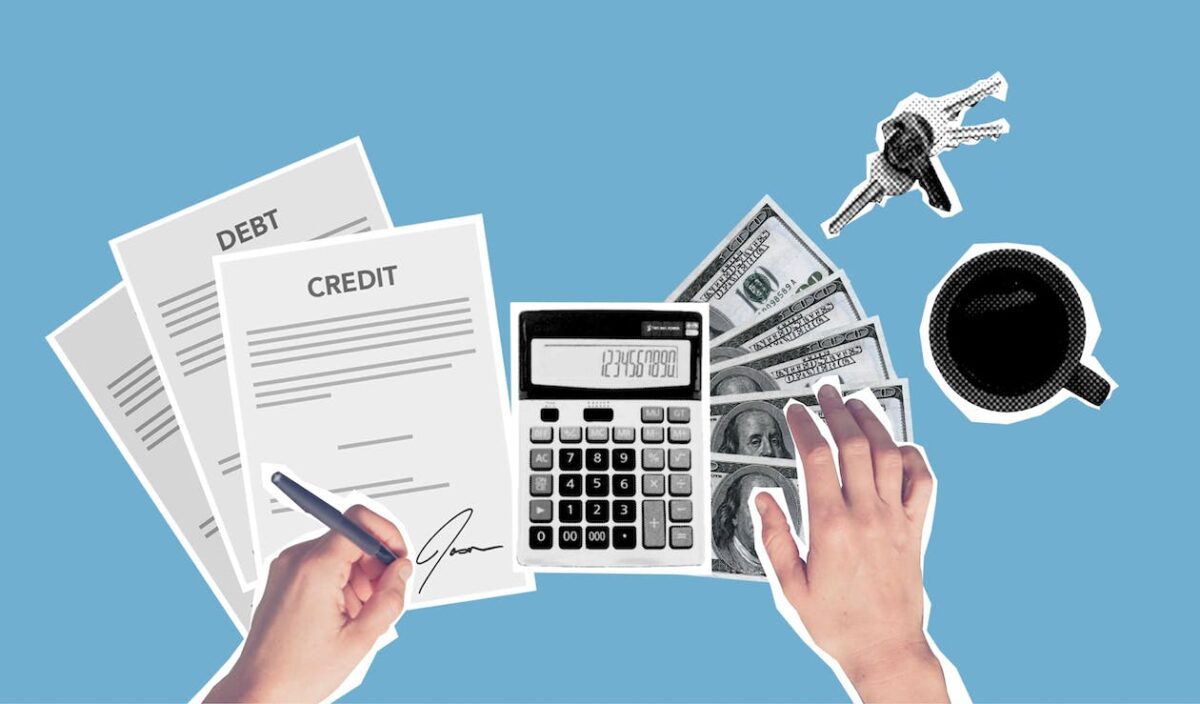 Drawing on our extensive ten years of experience in merchant cash advance (“MCA”) collections, the Monetaria Group team has gained valuable insights into the critical nature of fund recovery for our clients. We fully comprehend the unique obstacles and challenges posed by the MCA sector when it comes to collections, and have discovered that by implementing effective systems and strategies, outstanding payments can be successfully recovered without causing undue pain or unnecessary delays.
Drawing on our extensive ten years of experience in merchant cash advance (“MCA”) collections, the Monetaria Group team has gained valuable insights into the critical nature of fund recovery for our clients. We fully comprehend the unique obstacles and challenges posed by the MCA sector when it comes to collections, and have discovered that by implementing effective systems and strategies, outstanding payments can be successfully recovered without causing undue pain or unnecessary delays.
Here are five key strategies for better MCA collections that we have implemented with our clients, that can help you too:
Know the Industry of the Business You Are Being Asked to Advance
In the realm of merchant cash advance (MCA), small businesses often rely on short-term funding to seize opportunities during critical periods. The success of MCA funders hinges on the businesses’ ability to leverage these opportunities, turning their situation around and making the funders whole seamlessly.
To maximize the chances of recovering funds, it is crucial for funders to possess a deep understanding of the industry and the businesses they engage with. This knowledge will enable them to assess the profitability of the businesses they are advancing funds to and anticipate any fluctuations in the businesses’ ability to deliver receivables as promised. By staying informed and knowledgeable, funders can make smarter decisions and increase the likelihood of a profitable and successful investment.
Build Strong Relationships and Communicate Frequently
In the world of merchant cash advance, cultivating strong relationships is paramount for both funders and their clients. Building trust and fostering open communication with clients lays the foundation for a deeper understanding of their unique needs and challenges. Establishing positive customer relationships only enhances the day-to-day relationship, but also ensures a smoother negotiation if they are in a rough patch and need you to work with them in the event their receivables diminish.
Proactively offer solutions.
Rather than adopting a passive approach and waiting for merchants to default, it is highly advisable to proactively reach out to them. Initiating regular check-ins demonstrates a proactive attitude and a genuine willingness to work with them. This approach opens the door for discussions on reconciliation and other potential solutions, enabling any issues to be addressed promptly before they escalate into significant problems. By taking proactive measures, you can foster better communication, mitigate potential risks, and maintain a healthier working relationship with the merchants you’ve invested in.
Embrace cutting-edge technology.
The merchant cash advance industry has witnessed a remarkable surge in the development of CRMs and software solutions tailored to support MCA funders. By leveraging these advanced technologies, you can significantly enhance the efficiency and effectiveness of your operations, ensuring that you collect all outstanding amounts owed to your company. Seek out services that offer key features such as customizable reports, client breakdowns, automated payment reminders, online portals for customer payments, and robust data analytics. These tools are readily available and ready to proactively empower your MCA collections.
Establish a contingency plan.
Despite your best efforts, there may still be instances where you have to deal with a merchant cash advance default. To safeguard your business from potential negative impacts, it is essential to establish a comprehensive contingency plan that diversifies your risk and avoids placing all your eggs in one basket. This plan should encompass thorough underwriting of merchant businesses and being prepared to explore alternative options for debt recovery. Such options may include selling the debt, offering the merchant reconciliations if applicable, engaging a reputable third-party debt recovery agency to help you with your MCA recovery, or resorting to legal action when necessary.
By implementing these crucial measures, you can effectively prepare yourself for a successful MCA collections experience while minimizing the stress and challenges it may otherwise present.
We’re happy you found this article informative! Go back to our blog page to find more tips, tricks and guidance on collections, to ensure your business gets paid.
If you have unpaid debts that need to be recovered, commercial debt collection may be a good option for your business. A commercial debt collection agency can help you with the process of recovering past-due accounts and provide guidance on best practices for managing accounts receivable.
Led by a team of experienced commercial debt collection attorneys, Monetaria Group has helped hundreds of businesses recover and collect their outstanding debts and payments. Schedule a FREE consultation with our expert team to see how we can help you recover your money today!







